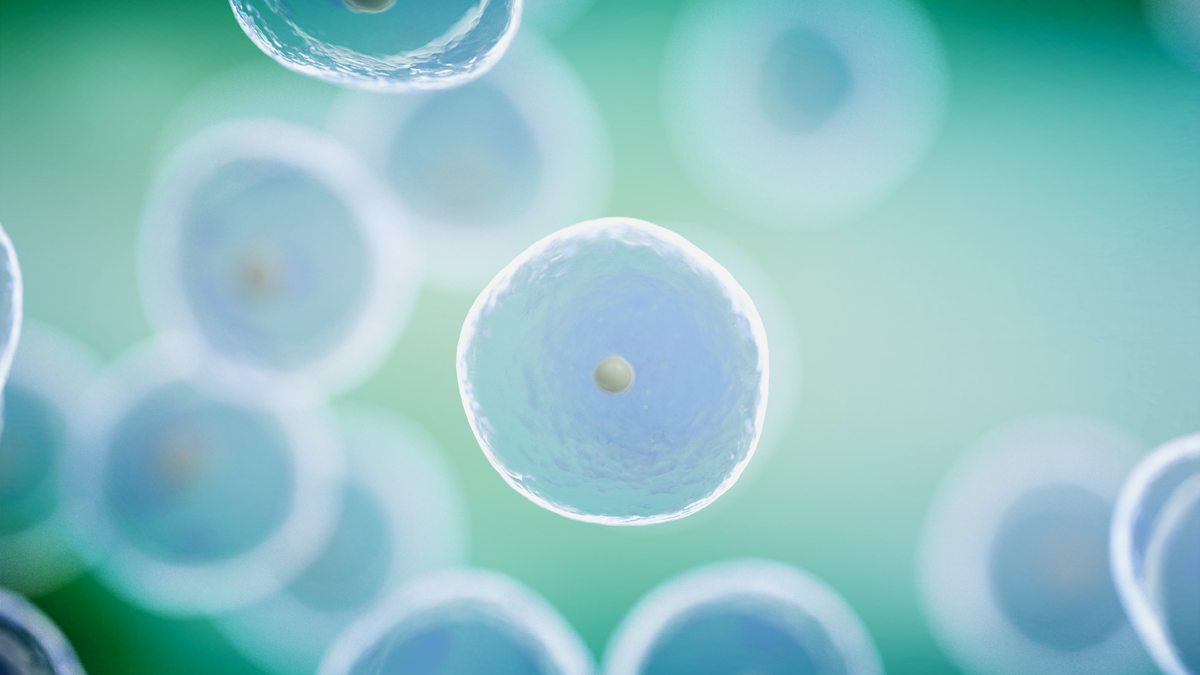

Cell Mechanics and Adhesion
Seeing Behind-The-Scenes of Cell Mechanics and Adhesion
Cell Adhesion plays an important role in cell-cell and cell-surface interactions and is controlled by cell adhesion molecules on the surface of cells. The nature, stability and dynamics of cell-cell adhesions play a crucial role in maintaining the structural integrity of multicellular structures, which in turn influence physiological function and development in organisms. Studies have shown that cell adhesion plays a major role in various morphogenetic processes. Changes in cell adhesion can directly contribute to tumorigenesis and metastasis. It has been shown that the adhesion of cancer cells to endothelial cells is a key step in cancer metastasis. Therefore, identifying the key molecules and quantifying the intercellular adhesion forces involved in this process can deliver crucial information on how to block the metastatic cascade.
Adhesion dynamics between cells and biomaterials also play a crucial role in, e.g. the biocompatibility of potential implant materials. Understanding the mechanisms of cell adhesion can, therefore, make an important contribution towards the design of new targeted therapies and structurally biostable implants.
Bruker’s BioAFM and optical tweezers systems provide a range of solutions tailored for the biomechanical characterization of cells and soft matter and quantification of the adhesion forces of cell-cell and cell-surface interactions under physiological conditions.